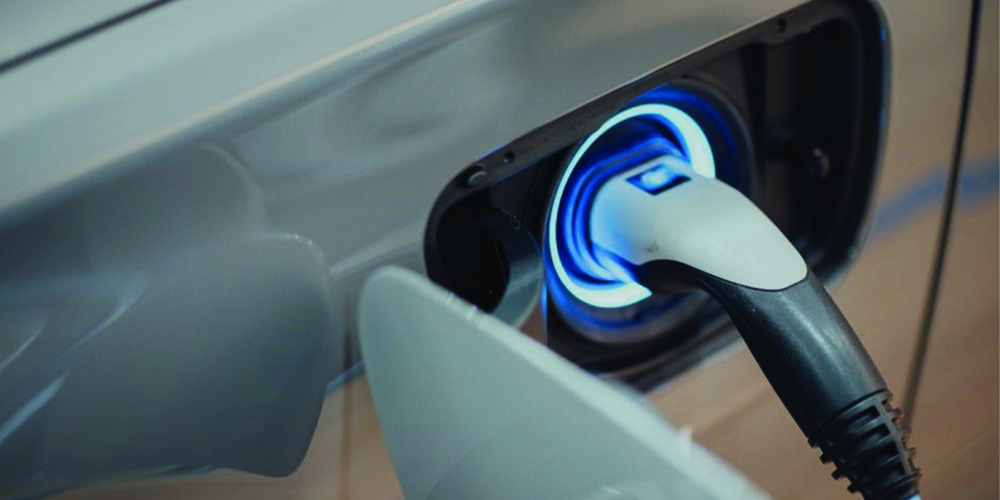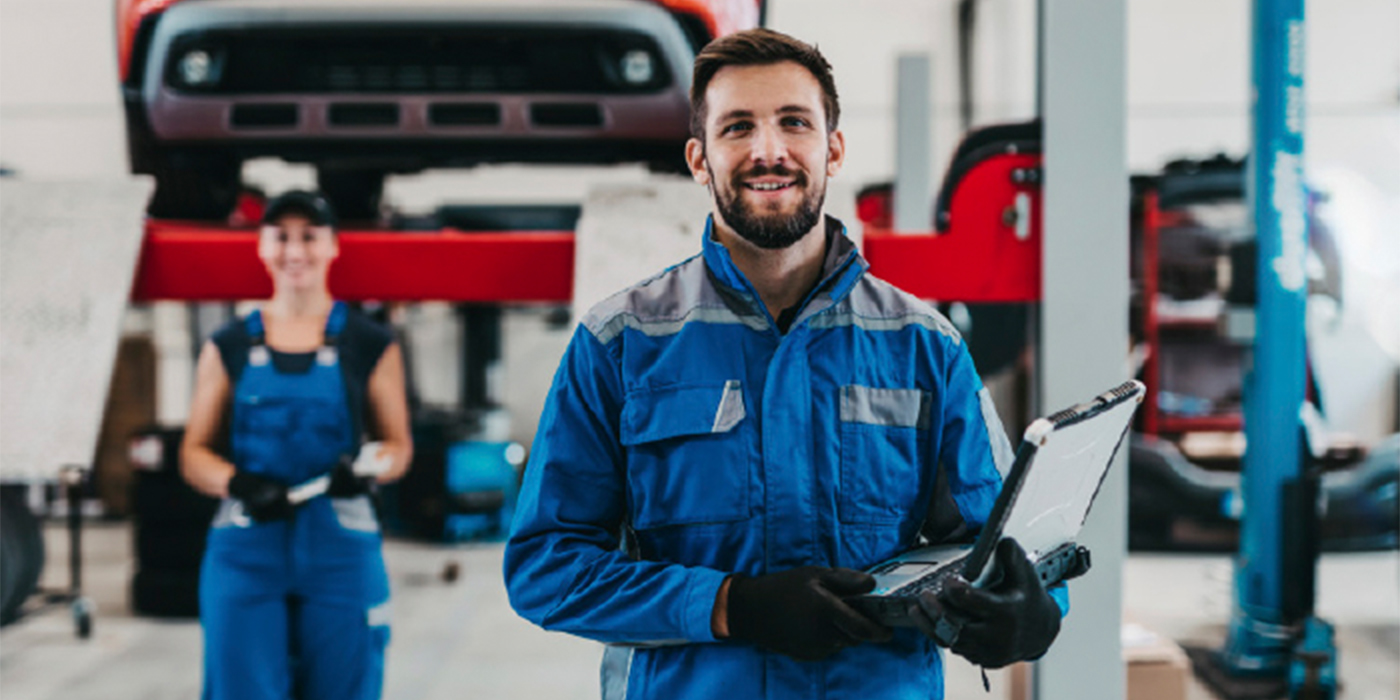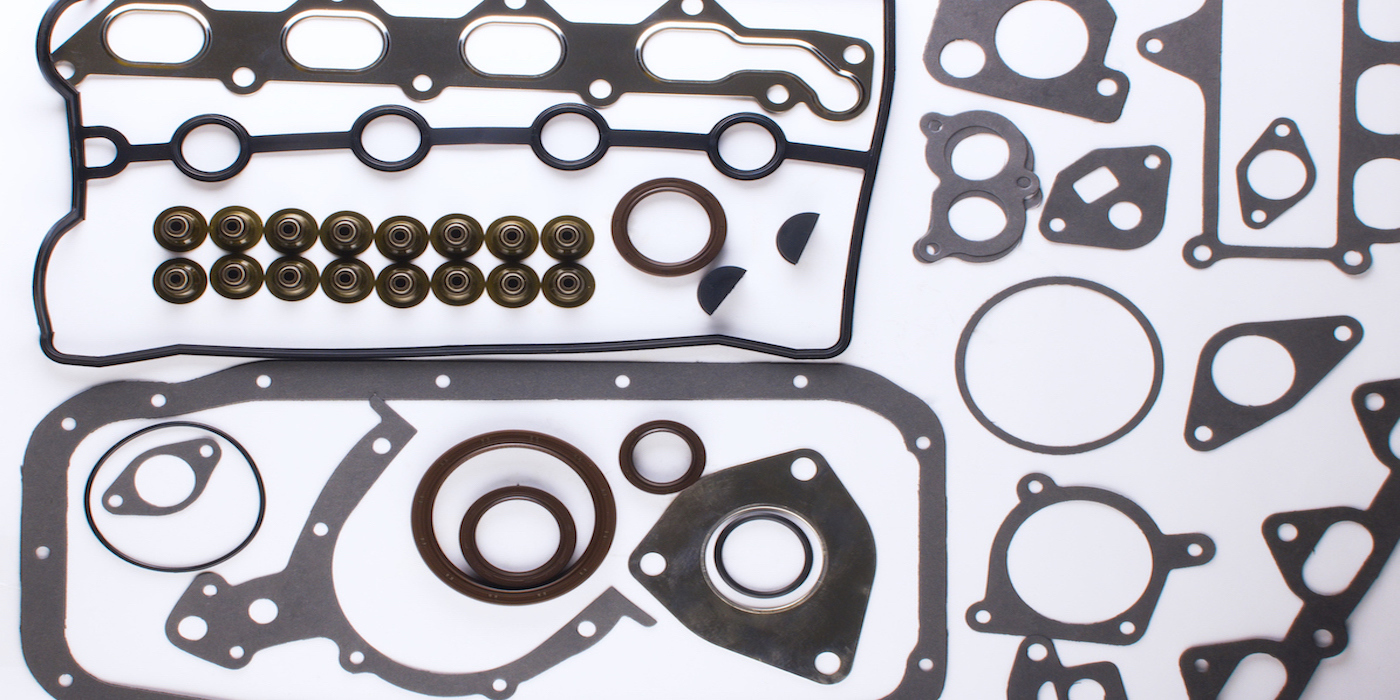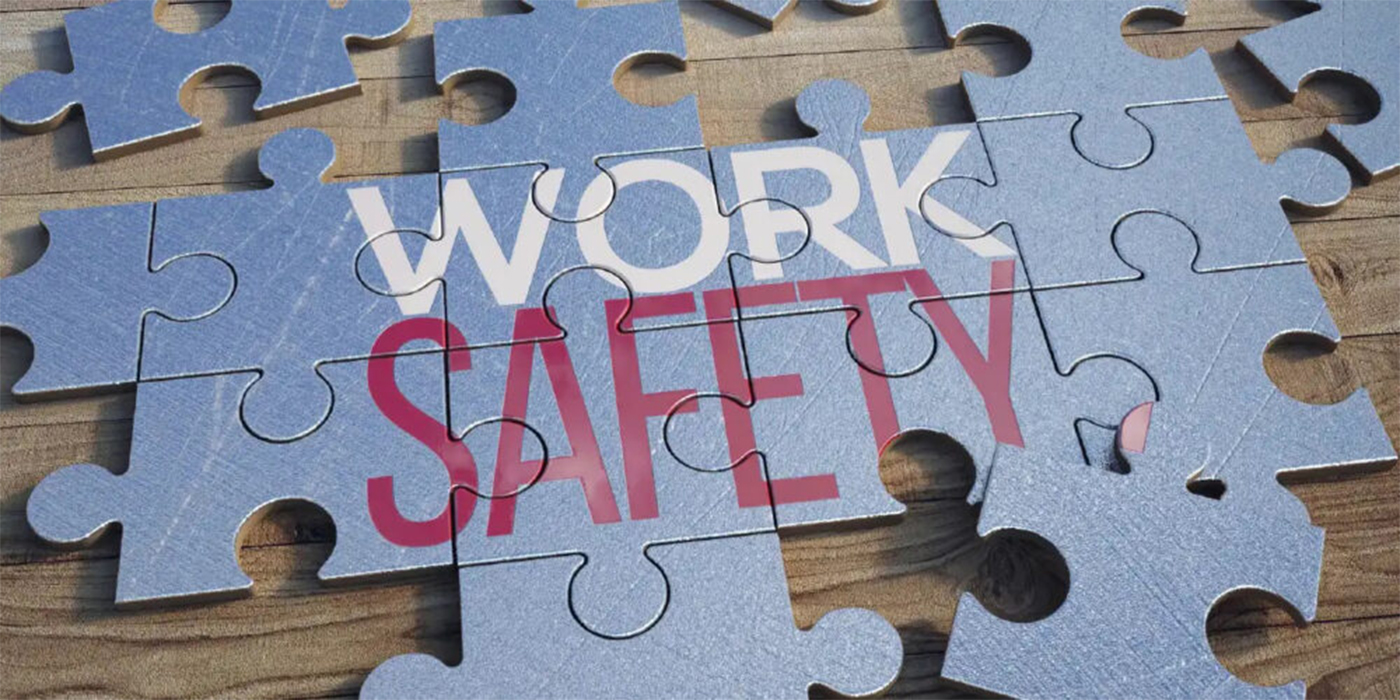
There is a very big storm brewing. One of those that you can see 20 miles away in the plains. You know it is bad, you feel for the folks experiencing it now, and you can see it’s coming your way.
For those who remember the Right to Repair war that was waged during most of the first decade of the 21st century, believe me: that was a thunderstorm compared to the potential tornado on the horizon. The conditions creating this perfect storm are the same as before. They have been sitting out there swirling.
Vehicle technology is running away with capabilities that make a car into an enabler or a weapon. Companies are designing tech so fast to be FIRST that they don’t ask themselves real world questions. Instead, they show cars living in a utopian (or dystopian world depending on your point of view) where ’65 Mustangs, pedestrians and the realities of creating electricity and batteries in staggering volume are not considerations.
The ability to repair future tech – today’s tech for that matter – is already a crisis. Whose fault is it? You made a decision about that and had an answer in mind as soon as you read that question. I am here to tell you that whatever answer you filled that blank with is wrong.
It is everybody’s fault. The pressures on every part of our ecosystem are driving it:
• Government wants fewer deaths on the road which leads to driver-assistance systems.
• Automakers react with the very best of intentions.
• Technology companies scramble to develop systems to sell to automakers.
• Automakers choose systems but, operating in a highly competitive space, they do not implement the system the same way as one of their competitors, hoping to gain a sales edge or adapt to their brand’s culture/owners.
• This also results in two more problems: Top Secret development by a single OE and the inability to quickly create information to service all the variants that have effectively evolved from a single system. In some cases, the company that created the system doesn’t even recognize it by the time it hits the streets in a vehicle.
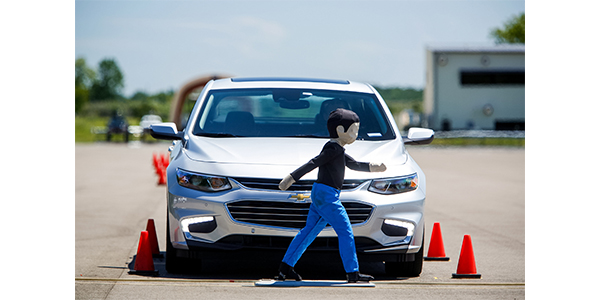
Meanwhile, the smartphone that is pasted to everybody’s face is so important that we can’t be bothered to drive anymore. What’s more, we want it to interface with any car so that we do not miss a single text, call or scrap of sports news in real time.
Now, imagine you’re the tech who is working on all of this when it is 5 years old.
Automakers react with new features that fill these wishes so they can sell more cars. Naturally, this tech changes with every model year making it arguable that a brand-new smartphone will not be able to work with a 5-year-old car in the future. My car is 5 years old and I can tell you that, driving more rental cars than my own car, I have serious Apple Play envy.
Need proof of obsolescence? Try to buy a computer with a DVD drive today. How many DVDs do you even watch today? Are you going to put up with a car that does not park itself? Oops, sorry – next model year.
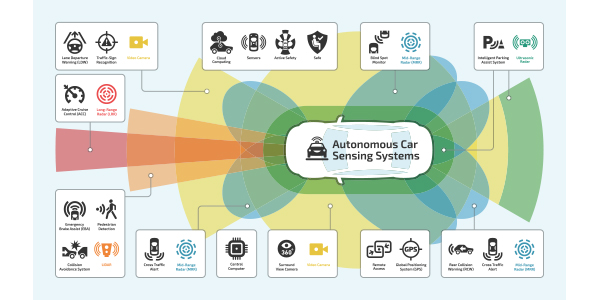
All of this data going in and out of the car starts a hysteria over cybersecurity. The problem is real; don’t get me wrong. However, the regular folks have no interest in cybersecurity because they don’t worry that they would ever be targeted for a cyber-attack, until they are. Then the backlash happens:
• Media goes to great lengths to make hackers into household names not really understanding the technology or the implications.
• Government reacts with a decree that car companies must do something.
• Car companies react with entire cyber divisions and business models – “We are a transportation company, not a car company.”
• Those who represent automotive repair professionals react in fear that access to necessary information to service these cars by the majority of the industry (independent aftermarket) could be cut off, resulting in businesses failing and loss of consumer access to repair.
• Repairers, by the numbers, are totally disengaged from the future. They have plenty of work right now.
So you are saying, “OK Seyfer, what’s your point?”
The point is that it’s really nobody’s fault. We all see anybody else who does what we do as a competitor. Competition has honed products and services from the very beginning. If competition does not exist, failure follows, so my next statement might seem to contradict this.
This storm can only be averted with communication, cooperation and compromise. For a little while, competition is going to have to go to the storm cellar. In my view, the entire ecosystem needs to take off their badges, roll up their sleeves and sit down at a table. We didn’t do that well during the last storm.
The only way to solve technology issues, technician shortages and potential damage to the entire industry’s value proposition to consumers is to not view each other as competitors, at least for a while. We will return to our normal programming once the threat has passed.





